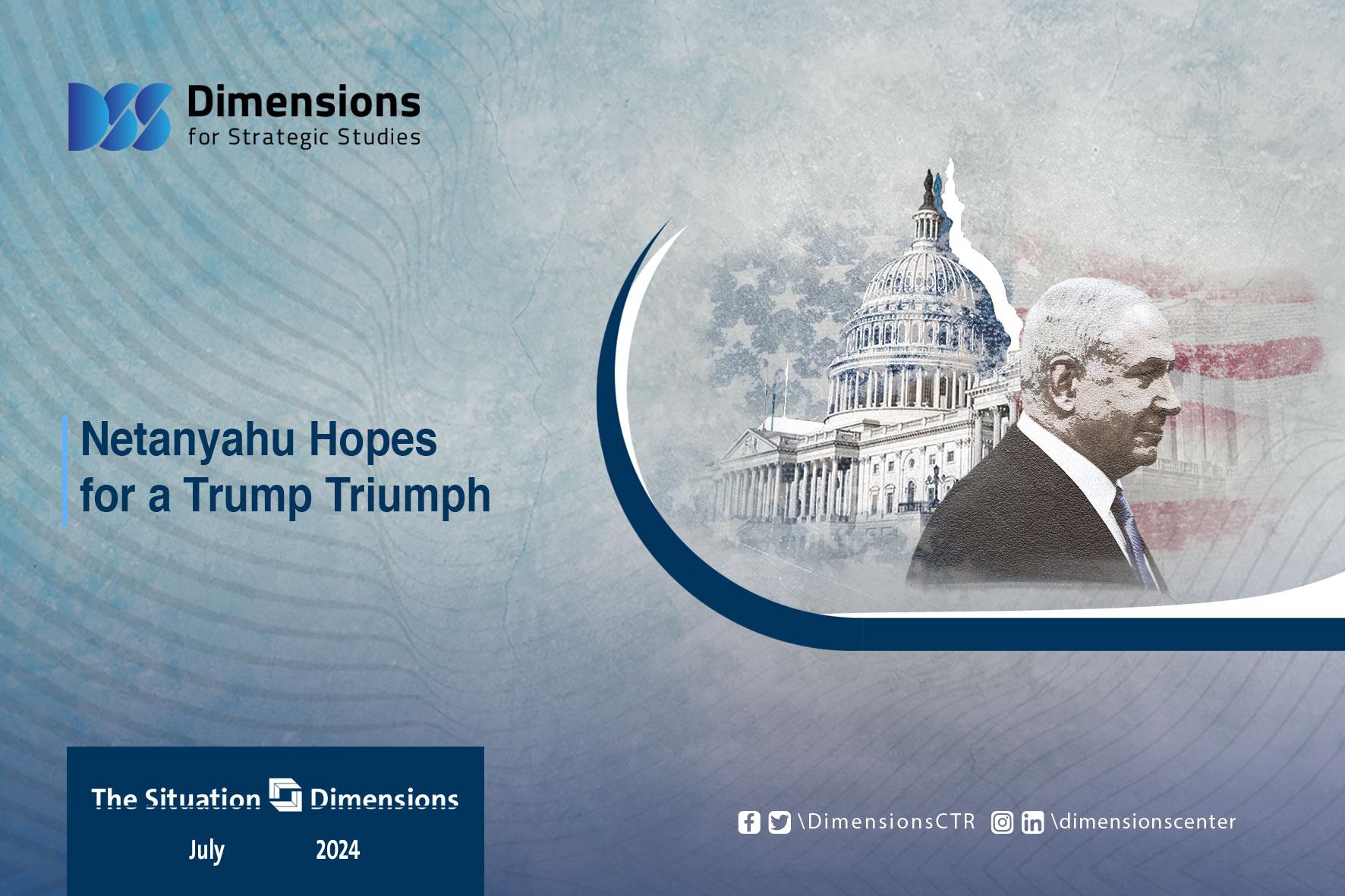
Netanyahu Hopes for a Trump Triumph
2024-07-293207 view
Israeli Prime Minister Benjamin Netanyahu received a standing ovation when he addressed a joint session of the U.S. Congress on July 24. He faced a cooler reception when he met President Joe Biden and the Democratic candidate for November presidential elections, Kamala Harris, who emphasized the need to address the humanitarian catastrophe in Gaza, much to Netanyahu’s chagrin.
The Israeli premier’s strategy in Washington, unannounced but clear from his actions, is to support the return of Harris’s Republican rival Donald Trump, who also met Netanyahu during his U.S. visit. A second Trump presidency would further strengthen the Israeli premier’s hand and give him free rein to continue his brutal war on Gaza.
However, despite Harris—and indeed Biden—publicly talking of the humanitarian situation in Gaza and the need to stop the war, as well as repeatedly promising a truce, it is clear that this rhetoric is little more than an attempt to placate domestic constituencies angered by the war. It is extremely unlikely to translate into policies that put genuine pressure on Israel.
In practice, the U.S. has extended its full support to Israel and backed its military operations, most notably due to the deep connection between the two countries and the clout of the pro-Israel lobby in Washington, which has far-reaching influence on both the Republic and Democratic parties and on the decision-making process more generally.
As a result, despite Netanyahu’s preference for Trump, he is unlikely to face any real pressure even in the event of a Harris victory, despite the Democratic candidate’s efforts—through statements that have little chance of turning into policies—to win over voters opposed to the war on Gaza.
Moreover, even if Netanyahu himself were ousted as prime minister at home, Israel is unlikely to change course.
The Israeli public is in near-consensus that the war must go on, and the fighting seems likely to escalate in southern Lebanon too, even if a full-scale conflict can be avoided.





